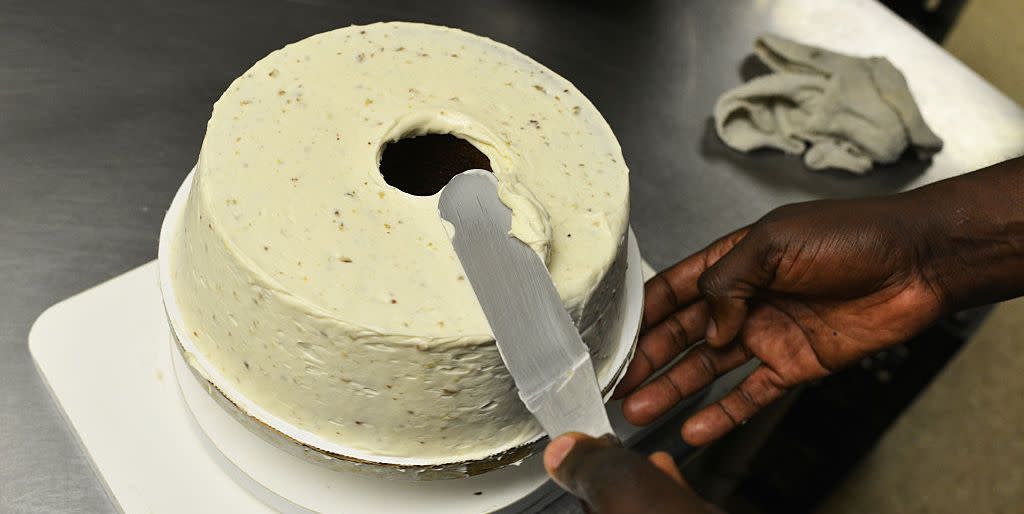Only 130 Black-Owned Restaurants Received PPP Loans Over $150K, According To A New Report

Of the nearly 49,000 restaurant companies that received larger Payment Protection Plan (PPP) loans from the government, only 130 of those identified as Black-owned businesses, according to a report by Restaurant Business Online.
The report offers a bit of background for that number, including the fact that four out of five these PPP loan recipients did not identify their race, making the data available limited, though they note that the fact that this data is not more complete is also an issue that needs to be addressed.
However, the report also notes that the data that is available shows that it's still much harder for Black business owners to get the loans they need, including the fact that of the businesses that answered the question on race, only 1.3 percent were Black-owned. In other striking data found by The Detroit Free Press, of the 785 Michigan restaurants that received PPP loans over $150,000, only one identified as Black-owned.
“The fact that the PPP program went through the private lending meant it was always going to be racially discriminatory,” said Sarah Crozier, senior communications manager with small business advocacy group Main Street Alliance, told RB: “The industry has financial redlining problems, and just on the data alone it has data collection problems.” In this case, redlining can be defined as the systemic denial of financial services (ie: loans) to a predominantly Black community.
The PPP program has faced similar criticisms since its launch, with private lenders being accused of favoring those who they've worked with on loans before, as well as larger businesses, to receive the help. This is in addition to criticisms, even from larger businesses, that the process for applying for a loan was confusing.
In fact, it's those very hurdles, RB posits, that have made many Black business owners historically not even bother applying for such loans and can also help explain why 13 percent of restaurant employees are Black, but only roughly seven percent of businesses overall pre-COVID-19 were Black-owned.
“The impacts of redlining made it very difficult to build the confidence that I’m going to get a loan," Apollo Woods, who operates OKC Black Eats, a directory of Black-owned restaurants in the Oklahoma City area, told the publication.
In fact, Anneliese Lederer, director of fair lending and consumer protection with the National Community Reinvestment Coalition, recently authored a study saying that white and Black applicants were treated differently when applying for loans, including receiving different information from lenders.
You can—and should—read the entirety of the RB analysis here and the entirety of the Freep article here.
You Might Also Like

